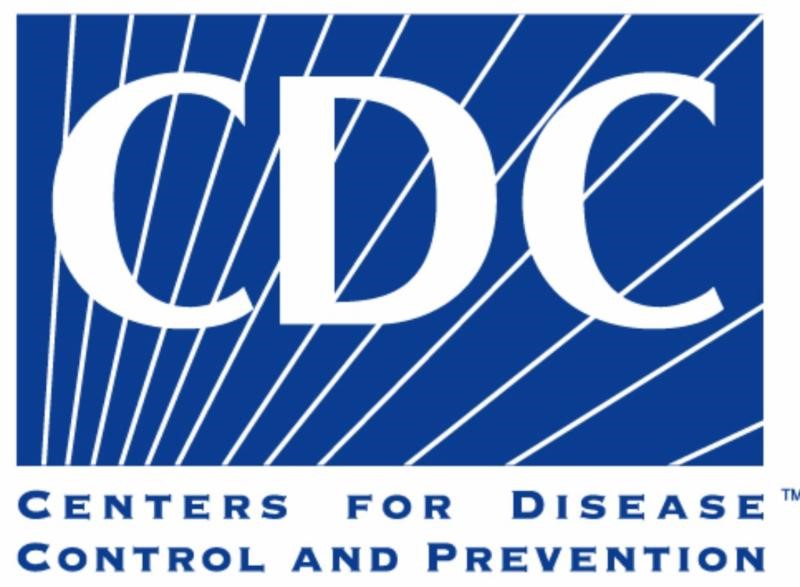In recent weeks, a great deal of news coverage has been devoted to the Zika virus, a disease that is primarily spread to people through mosquito bites. Several cases have now been reported in the U.S., and a number of meeting planners are citing the virus as a concern for upcoming meetings. While rarely fatal to people, Zika has been linked to causing severe birth defects in children if the child’s mother becomes infected with the disease while pregnant. As a result, some health organizations have advised pregnant women to avoid travel to certain destinations where the Zika virus is present. Note that no mainland-U.S. destination is included in these advisories.
Based on the Centers for Disease Control guidelines, we have summarized the latest information about the virus here:
Here are facts about the Zika virus itself:
- Transmission: Zika is primarily transmitted through the bite of infected Aedes mosquitoes. These mosquitoes are present in Texas, but to-date, the virus has not been found in Texas mosquitos. These mosquitoes are aggressive daytime biters and they can also bite at night. Mosquitoes become infected when they bite a person already infected with the virus. Infected mosquitoes can then spread the virus to other people through bites. It can also be transmitted from a pregnant mother to her baby during pregnancy or around the time of birth.
- Symptoms: About 1 in 5 people infected with Zika will get sick. For people who get sick, the illness is usually mild. For this reason, many people might not realize they have been infected. The most common symptoms of Zika virus disease are fever, rash, joint pain, or conjunctivitis (red eyes). Symptoms typically begin 2 to 7 days after being bitten by an infected mosquito.
- See this CDC Guide for more information.
Hotels should follow standard protocols when interacting with guests and when performing housekeeping duties. Because Zika has only been known to be transmitted by mosquitos and in a few reported cases through sexual contact, hotels should follow standard protocols when interacting with the public and in housekeeping.
Group Contracts: As a reminder, because governmental entities are not restricting travel in any way, and guidelines for travel for pregnant women do not apply to Texas, the occurrence of the Zika virus does not constitute a force majeure event under group hotel sales contracts. Typically, force majeure clauses only become effective when it is impossible to hold a meeting due to external factors beyond the control of the parties, and it is not impossible to hold a meeting in this situation.
Seasonal Flu: Protecting Your Guests and Employees
While Zika virus has been getting national attention, seasonal flu endangers far more people in the U.S. every year. Hotels can help reduce the spread of the flu by taking these steps:
- Encourage your staff to stay home if they show flu or cold-like symptoms. CDC recommends that you stay home from work or school and limit contact with others to keep from infecting them.
- Re-emphasize to your staff to wash their hands often with soap and water, especially after they cough or sneeze. Alcohol-based hands cleaners are also effective.
- Influenza is thought to spread mainly person-to-person through coughing or sneezing of infected people.
- Re-emphasize to your staff to cover their nose and mouth with a tissue when they cough or sneeze and to throw the tissue in the trash after they use it.
- Remind staff to avoid touching their eyes, nose or mouth.
Put together a plan for your property: http://www.flu.gov/planning-preparedness/business/






